Key Takeaways
Micromobility companies across the globe have progressed exponentially in the past few years. The influx of venture capital and acquisitions has catapulted the industry forward and this momentum showcases consumer demand for last-mile transportation. But how do micromobility companies capitalize on this despite economic adversity?
That’s exactly what we covered in the micromobility panel with some of the leaders in the micromobility space. There were some great discussions covering key growth factors, managing relationships with stakeholders, what micromobility is doing to help during the COVID-19 crisis, the importance of micromobility fleet insurance, and how the industry is positioned to succeed.
In case you missed it we’ve put together some key takeaways from the panel discussion and made the recording available on demand below:
Panelists:
- Eric Schneider, VP of Sales, Founder Shield
- Melika Jahangiri, Vice President at Wunder Mobility
- Michael Granoff , Managing Partner at Maniv Mobility
- Frank Reig, Co-Founder and CEO of Revel
- Dmitry Shevelenko, Founder & President at Tortoise
- Nick Gibbs, Deputy Head of ibott @ Apollo
Key Takeaways
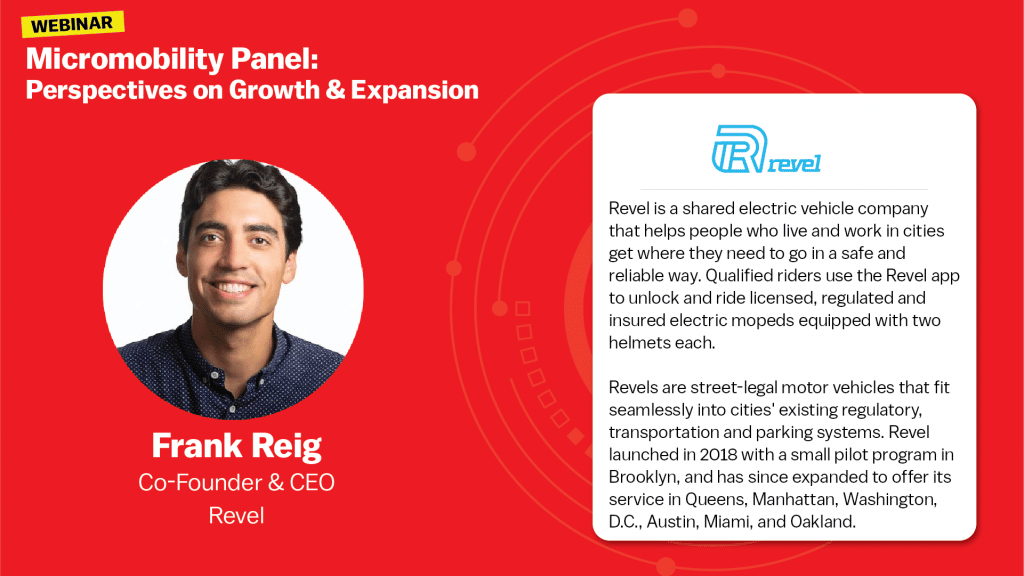
Covid – 19 Takeaways
- Immediately rethink how we clean / sanitize vehicles, frequency, intensity
- Control cos, revenue fallout as cities shut down and restrict operations. Gutpunch to any founder/operator in mobility at the moment as it leads to impactful decisions.
- The world gave us COVID-19, how do you use that as a tailwind -> Help cities operate in time of need, partner with restaurants, structure-free rides for essential workers.
- Prep for re-emergence.
Key Aspects of Operating a Profitable Fleet:
- Getting costs in line with each market “Clearly any operator whether you are e-bikes, electric scooters, mopeds, carshare you have to keep your cost basis inline. I think that is something Revel has had to learn and reevaluate because every city is different.
- Different cities have different density and ridership.
- Pricing Structure that matches the price sensitivity and frequency of individual users.
- Optimizing Service Areas
How to choose a new market
- The city wants us: We only operate where there’s a strong partnership with the city and the community unless its not going to work. This is the core tenant ethos of the company, following this there are several important variables:
- Weather, it is a seasonal business
- Population density and overall population; Is the moped fleet maxing out at 400 or 1400 what is the opportunity.
- Car Ownership Levels – What is the % of the population that owns a car and if its 90+% shared mobility has problems.
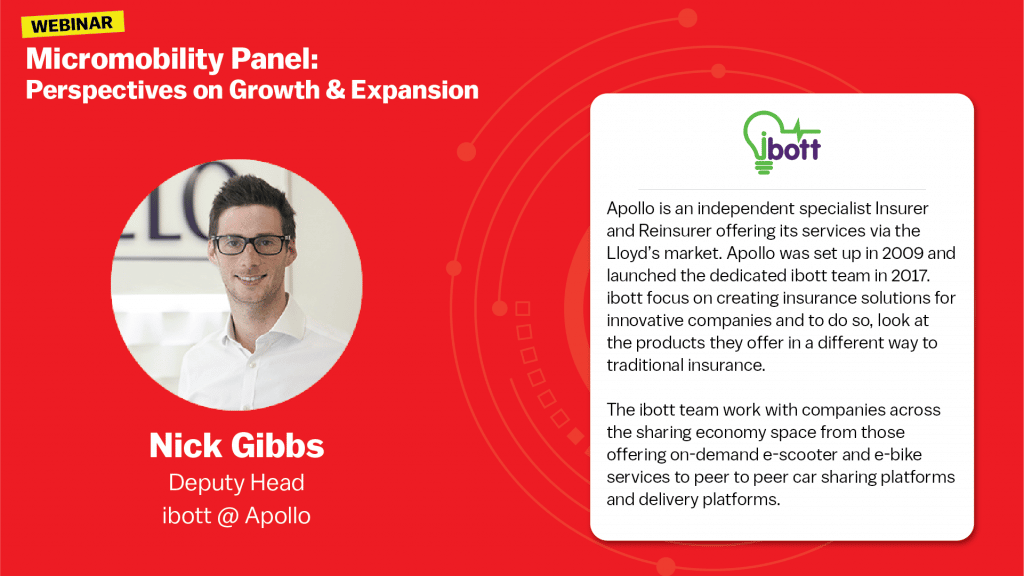
As Nick is in a unique position between operators, insurance brokers and the cities themselves, he has a keen perspective on what risk mitigation strategies set operators apart from the pack.
- Product Itself: Has to be fit for purpose. When first launched units were not commercial grade. Has been a really impressive shift within the space making more robust units.
- Maintenance Procedures: Frequency of maintenance, procedures, and who is performing this core function. Do they need to take the scooters to a warehouse in order to maintain or can parts be swapped in the field. The latter is noticeably preferable at the city level as it allows for ease and frequency of maintenance.
- Companies that go above and beyond city and state requirements and best practices for units themselves, user vetting, helmet use/provision, and support staff available on the ground. Another key issue is preventing riders under the influence from accessing a scooter, this has been a major outlier at the city level.
- Understanding Data and Effective Claims Management: Knowing where issues lie and what is the root cause of an accident is a power message to city officials when pursuing permits.
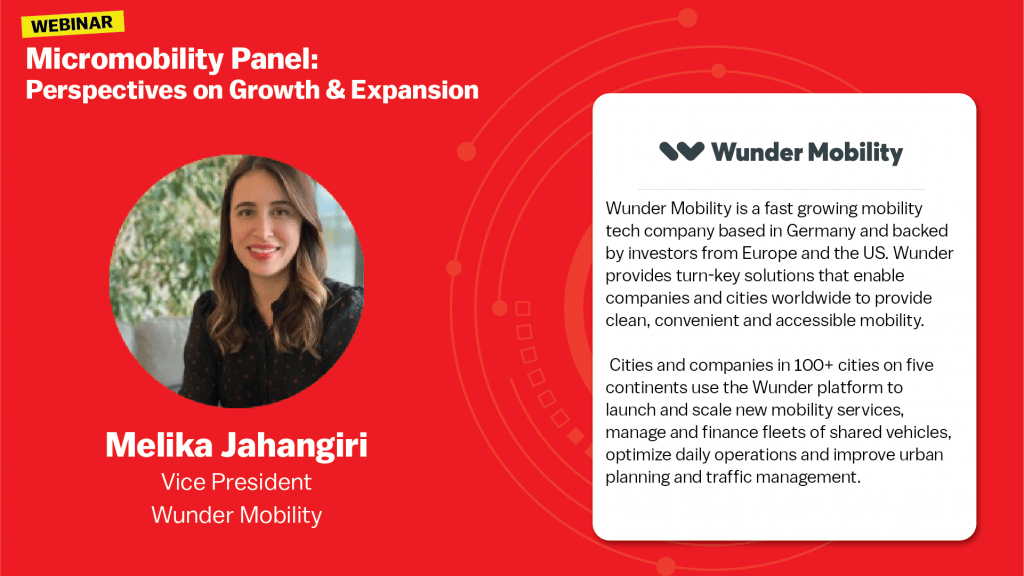
- “Covid 19 is not going to change anything within micromobility it is only going to enhance it significantly.. That micromobility is an essential business.”
- On Technology: “You do not have many opportunities to impress a new customer. If they can’t trust your service, the technology, they aren’t going to use it anymore.
- In relation to relationships with cities and state officials “With a public private partnership it really has to feel like that and go both ways.” There are going to be times where operators are going to have to do things that are not in their best business interest like putting vehicles in certains areas that may not have the highest utilization. But it’s in the interest of what’s important for the city. It’s about finding the middle ground to ensure the long term success and strengthening the partnership.
Dmitry <> Tortoise
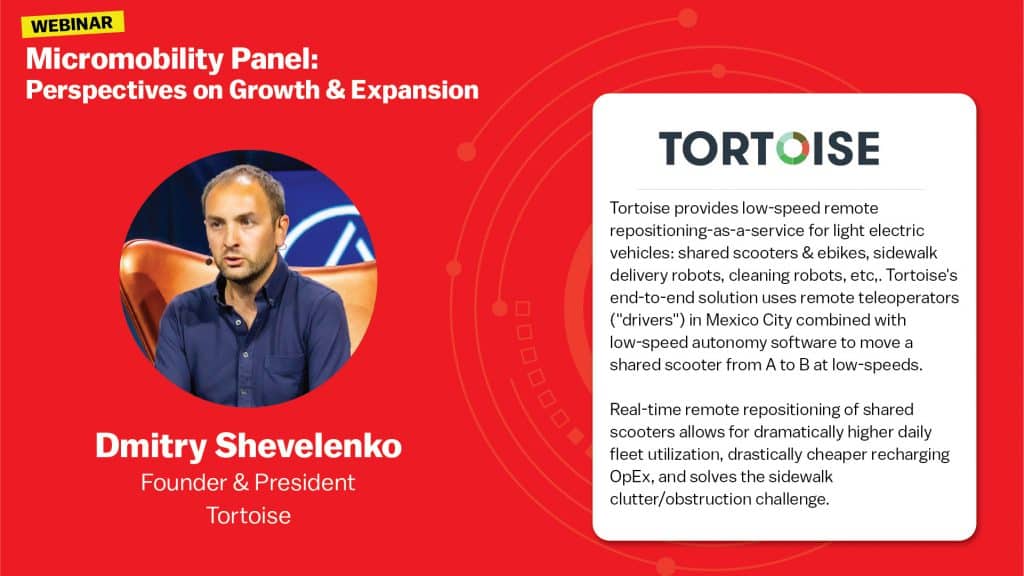
“Analogy I like to use is to imagine you had a taxi service that the driver can only wait at the location for their last drop off to make their next pick up. That would be grossly inefficient yet that’s exactly how shared micromobility works today”
He introduced the impactful ability to match the location of rider demand with supply in real-time to increase utilization and improve unit economics.
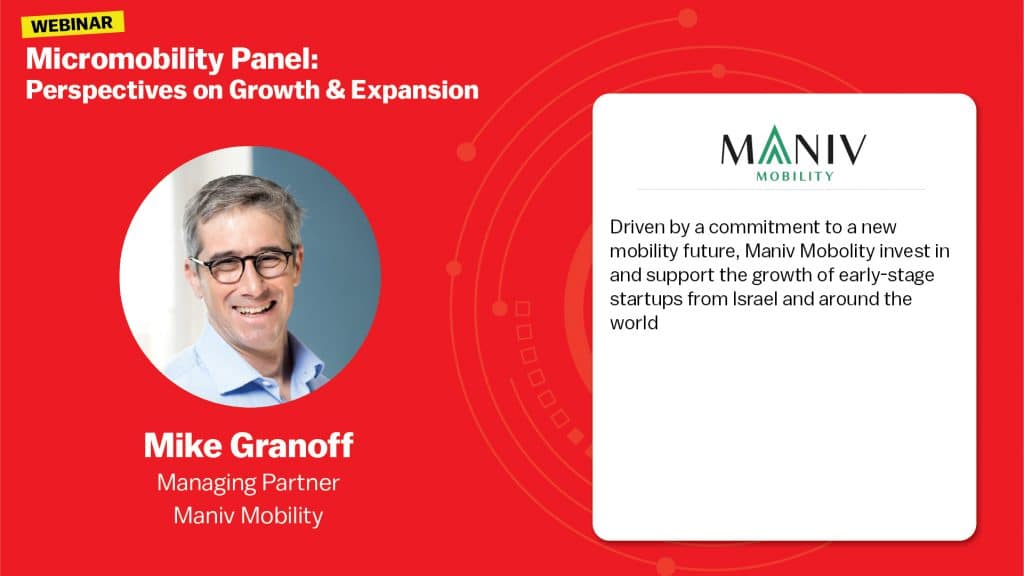
Way we look at the world is we had a period of exactly 100 years that was dominated by a single mode. Digital mobility is about diversity, sharing, electric, and different form factors for different trips.
The future is a transition to match mode of vehicle or sequence of modes to the needs of the trip at that time in a seamless and digital way.



